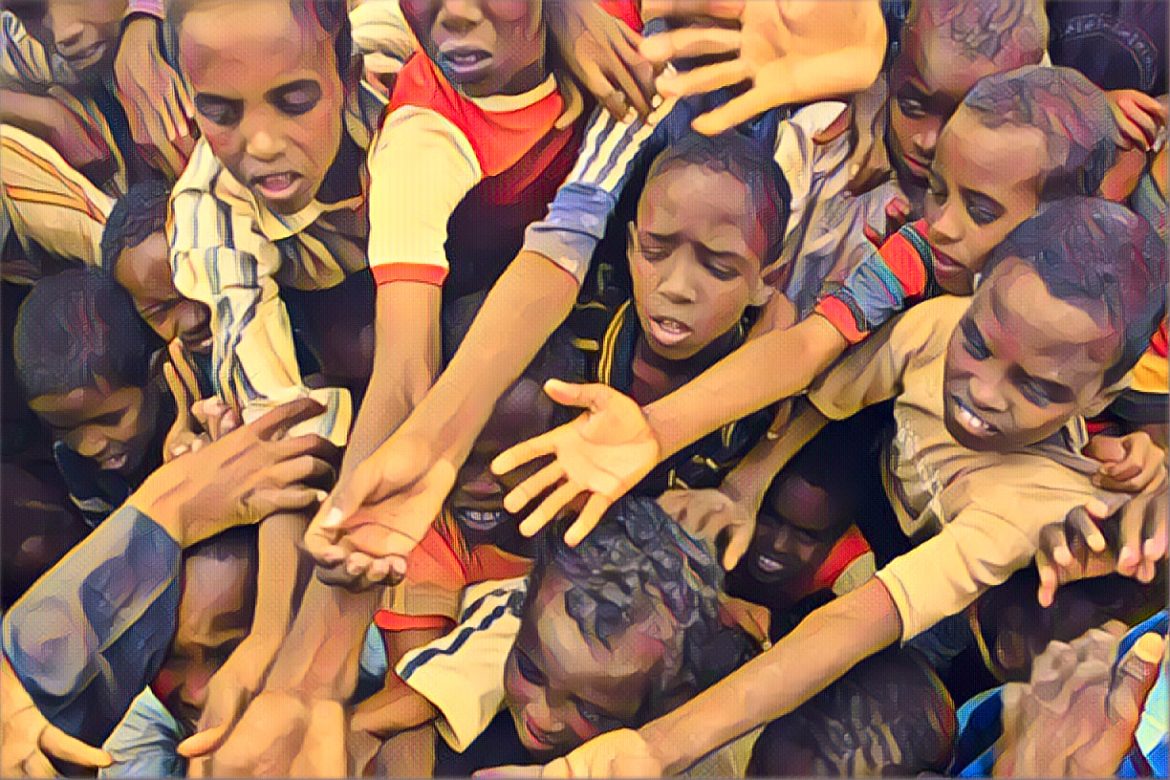The United Nations International Children’s Emergency Fund (UNICEF) is presently on a mission to amass US$26.8 million in an effort to mitigate the dire consequences brought on by an El Niño-triggered drought in Zimbabwe. This drought has ushered in a myriad of challenges, including significant water shortages, escalating food insecurity, nutrition crises, and the looming threat of flooding hazards and disease epidemics. UNICEF’s call to action is not merely a plea for funds but a beacon of hope for at least two million children in Zimbabwe, who now face the perilous threat of malnutrition and preventable diseases due to these environmental calamities.
Zimbabwe is not alone in this crisis. Across eastern and southern Africa, an alarming 45 million children are teetering on the edge of vulnerability, their health and well-being compromised by the relentless forces of climate change. In its 2024 Humanitarian Action for Children report, UNICEF laid bare the critical nature of this situation, urging donors and partners alike to rally support for its intervention efforts. These efforts aim not only to address the immediate impacts of the El Niño-induced drought but also to fortify communities against the enduring consequences of such environmental adversities.
The appeal encompasses a multifaceted response strategy. Beyond tackling the imminent threats of water scarcity and food insecurity, UNICEF’s plan also anticipates potential flooding and the spread of diseases, such as cholera, which have already marked their presence in the region. Furthermore, the fund seeks to safeguard children who are particularly vulnerable to displacement in the wake of the expiration of exemption permits, potentially leading to a surge in returnees from South Africa.
Investing in resilience forms a cornerstone of UNICEF’s approach. The organization emphasizes the importance of bolstering community defenses against future droughts and climate-related disasters. This involves significant investments in infrastructure, like water storage facilities and irrigation equipment, along with offering training and capacity-building programs for local communities. These initiatives are designed to empower communities, enabling them to better anticipate, withstand, and recover from environmental shocks.
Additionally, UNICEF is spearheading a US$15 million program aimed directly at confronting the intertwined challenges of nutrition crisis, food insecurity, and water and sanitation concerns within vulnerable populations. Of the total appeal, US$5 million is earmarked for addressing the acute nutrition crisis that has been exacerbated by food insecurity. Moreover, US$4 million is allocated to support thousands of households through financial assistance, aiding them in their preparations and response to the El Niño-induced drought. Approximately US$6 million is dedicated to tackling the water and sanitation crisis, with a primary focus on containing the cholera outbreak and averting further outbreaks of diarrheal diseases.
The report highlights the gravity of the situation in Zimbabwe, noting a staggering national child food poverty rate of 83%. This indicates a profound lack of access to a diverse and nutritious diet, essential for the healthy growth and development of children. Without the intervention and support that UNICEF seeks, an estimated 1.6 million children are at a heightened risk of succumbing to preventable diseases and conditions, such as measles and malnutrition. Furthermore, over half a million children who are currently out of school may never have the opportunity to return to their educational journey.
UNICEF’s targeted intervention plan spans across Zimbabwe’s six most vulnerable districts: Beitbridge, Bikita, Binga, Buhera, Chipinge, and Chiredzi. These districts are identified as high-risk areas due to their susceptibility to cholera and the projected impacts of El Niño. The concerted effort to mobilize resources and implement a robust response strategy underscores UNICEF’s commitment to mitigating the immediate and long-term challenges posed by the El Niño-induced drought. This initiative not only aims to provide immediate relief to those affected but also to lay the groundwork for a more resilient and sustainable future for the children of Zimbabwe and beyond.
Source: Newsday


